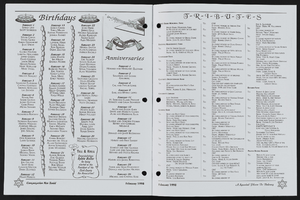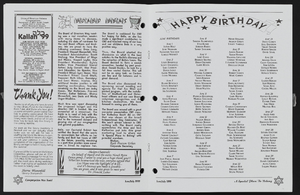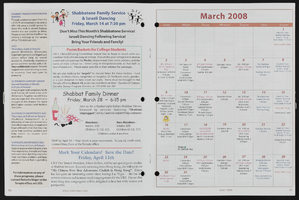Search the Special Collections and Archives Portal
Search Results
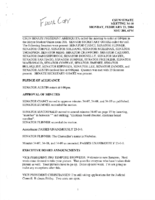
Meeting minutes for Consolidated Student Senate, University of Nevada, Las Vegas, February 23, 2004
Date
2004-02-23
Archival Collection
Description
Includes meeting minutes, along with additional information about advertisements and assessments. CSUN Session 34 Meeting Minutes and Agendas.
Text
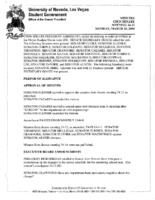
Meeting minutes for Consolidated Student Senate, University of Nevada, Las Vegas, March 29, 2004
Date
2004-03-29
Archival Collection
Description
Includes meeting minutes and agenda.
Text
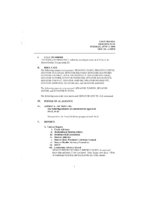
Meeting minutes for Consolidated Student Senate, University of Nevada, Las Vegas, June 01, 2004
Date
2004-06-01
Archival Collection
Description
Includes meeting minutes and agenda, along with additional information about contracts for services.
Text
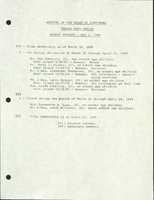
Minutes from Temple Beth Sholom Board of Directors meetings, June 1988 - May 1989 (1 of 2)
Date
1988 to 1989
Archival Collection
Description
Meeting minutes include reports from committees of the board, correspondence, and balance sheets.
Text
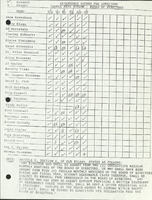
Minutes from Temple Beth Sholom Board of Directors meetings, June 1988 - May 1989
Date
1988 to 1989
Archival Collection
Description
Meeting minutes include reports from committees of the board, correspondence, and balance sheets.
Text
Pagination
Refine my results
Content Type
Creator or Contributor
Subject
Archival Collection
Digital Project
Resource Type
Year
Material Type
Place
Language
Records Classification

